About Jamison Crabtree
 Jamison Crabtree earned his MFA in poetry as a Rogers Fellow at the University of Arizona and is currently a Black Mountain Institute PhD fellow at the University of Nevada Las Vegas. His work has appeared in Blackbird, DIAGRAM, Hayden’s Ferry Review, HOBART, and Thrush, among other journals.
Jamison Crabtree earned his MFA in poetry as a Rogers Fellow at the University of Arizona and is currently a Black Mountain Institute PhD fellow at the University of Nevada Las Vegas. His work has appeared in Blackbird, DIAGRAM, Hayden’s Ferry Review, HOBART, and Thrush, among other journals.
Praise for rel[AM]ent
“How Not to Be Lonely” might as well be the secret title of this book, or “How to Be Lonely Better,” or More Beautifully, or Professionally, with More Anger & Echo & Hollywood Monsters. But be wary: these little lonelinesses aren’t soothing: they’re boozing and bruising and funny and wooing: they’re moving. They’ve been raised from the dead. They don’t know why they’re here—again—but they hurt. They’re shambling toward you. They want you. They want you to want them back. I think you do. You want them badly. So when they knock, let them in. Let them all in.
—Ander Monson, author of The Available World and Letter to a Future Lover
There was once a heart so full of anguish it could do nothing but make intricate lace out of it, a lace that mists your window as you gaze through it. Reading these poems, one is astounded at how delicate and tremulous the beauty of a broken heart may be. In this heart, grief is totalitarian. Being broken, the heart of these poems sees no other way but the way of its own affirmative. Their triumph is that very decision to fall into life, into such a space where language makes fractals of frost across the frozen pain, and to say, take it as it is, so I am.
—Feng Sun Chen, author of Butcher’s Tree and The 8th House
Something is wrong here, as Crabtree says in the opening poem, “Lament.” And we know it’s true. And we know it’s probably us. It’s not an accusation, exactly. It’s more like a necessary cruelty. In rel[am]ent, Crabtree achieves a miserable sort of grace, a sadness filled with a strange generosity—lamenting both for monsters who fail at everything, even at their own monstrousness, and for the necessity of having to break it to them gently—so when he reminds us that all our losses are permanent, we almost want to thank him. By embracing grief, Jamison Crabtree has made of himself a terrible instrument. Take it as a kindness.
—Richard Siken, author of Crush and War of the Foxes


![rel[AM]ent](https://wordworksbooks.org/wp-content/uploads/2020/09/Relament.jpg)
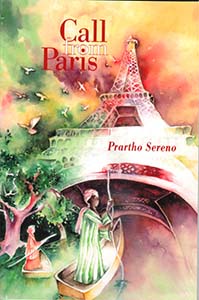
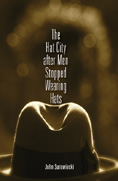
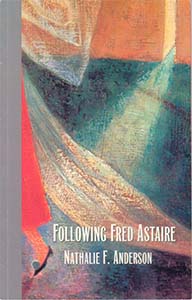
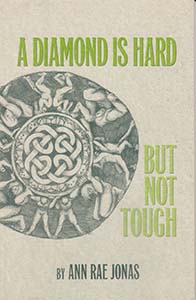
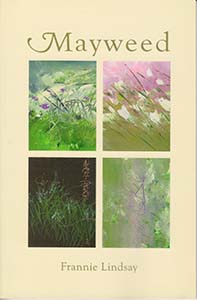
Reviews
There are no reviews yet.